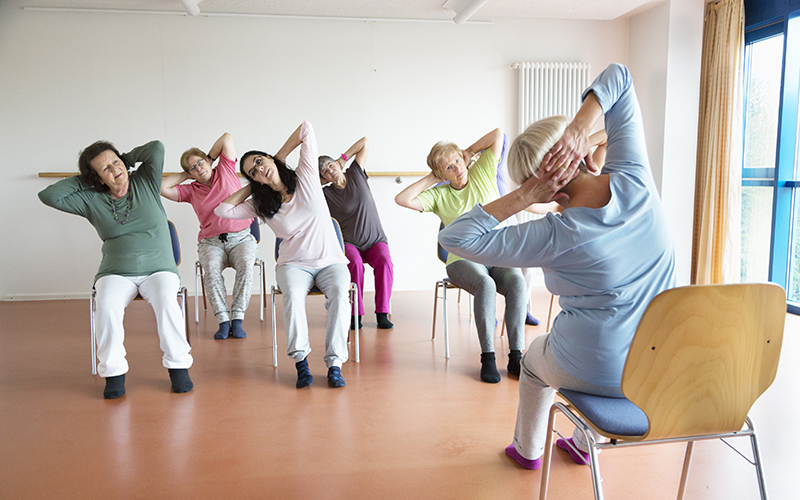Lifetime Precautions After a Hip Replacement

Approximately seven million Americans have total hip or knee replacements. Seniors undergo hip replacement surgeries for two main reasons: pain and limited function and range of motion.
When seniors get osteoarthritis in their hips, the joint’s cartilage breaks down, and the bones rub together – which will cause pain and affect their ability to move. Hip replacements can alleviate that pain and help the person regain mobility to get back to doing the things they love.
If you’ve undergone hip surgery, you should know about the adjustments you can make to your life to recover and stay pain-free. In the first few months after surgery, you should avoid bending your hip past 90 degrees, crossing your legs, and walking with your toes pointed inward.
When you’ve completed the healing process, you should take lifetime precautions after a hip replacement to care for your implant and avoid further injuries like dislocation.
Lifetime Precautions After a Hip Replacement
Whether you received a total hip replacement or partial hip replacement, you’ll likely need to adopt some lifetime precautions to ensure your hip replacement stays healthy.
Depending on the type of hip replacement you receive, you may implement long-term precautions that avoid certain actions and add new ones that can benefit your hip replacement.
You should avoid the following activities after a hip replacement:
High-Impact Exercises and Activities
High-impact exercises and activities can put a lot of stress on your body – including your hip replacement. Avoiding high-impact activities like running, jumping, or lifting heavy weights can help lessen the risk of damaging the replacement.
If you do participate in these activities, you may weaken or loosen the replacement, which could require corrective surgery.
Repetitive Motions
Some sports that you used to participate in may use repetitive motions that can harm your hip replacement. Sports like soccer, basketball, and cross-country running are all examples of sports with repetitive motions. If you’re unsure about a sport’s safety, consult your physician.
Bending and Crossing Your Legs
While these are must-follow tips for short-term recovery, they also apply to your long-term precautions. It’s important not to overextend yourself when bending forward or lifting your knee to cross your legs, as both movements can cause damage.
Air Travel
While you’re still able to fly and travel, you may need to inform security at the airport that you have a hip replacement and will set off the metal detector. Asking to go through the body scanner instead of the metal detector can expedite your time through the security process so you don’t set off the metal detector and have to step out of line to explain.
Some lifetime precautions involve adding new habits to your life. Try implementing these actions after a hip replacement:
Sleep With a Pillow Between Your Legs
This is a big tip if you’re a side sleeper. When you sleep on your side post-hip replacement, this can misalign your hips and legs. Sleeping with a pillow between your legs can provide the support you need to keep everything in alignment and help you sleep more comfortably.

Low-Impact Exercises
Just because you have a hip replacement doesn’t mean that exercise is a thing of the past. Exercise is crucial to physical and mental well-being, and plenty of low-impact exercises can help you feel good and not risk harm to your hip implant, such as:
- Swimming
- Walking
- Yoga or tai chi
These low-impact exercises don’t put a lot of stress on your joints, allowing you to build strength and flexibility sustainably and painlessly.
Active Seniors Welcome at Monticello West
At Monticello West, residents in independent living lead active, vibrant lifestyles full of socializing, focusing on wellness, and attending exciting activities.
Our community also offers health services that can meet your needs and provide the support you need to live a high-quality life. Whether you need a lower level of care in Assisted Living, a higher level of care in Enhanced Assisted Living, or one of the other types of care offered in our welcoming community, our team is here for you.
You can enjoy the benefits of living in a rental community where you can avoid the costs of entrance fees and pay for the residence you need.
Everything at Monticello West is about providing you with a community where you can flourish. Give us a call to learn more about our independent living lifestyle.




